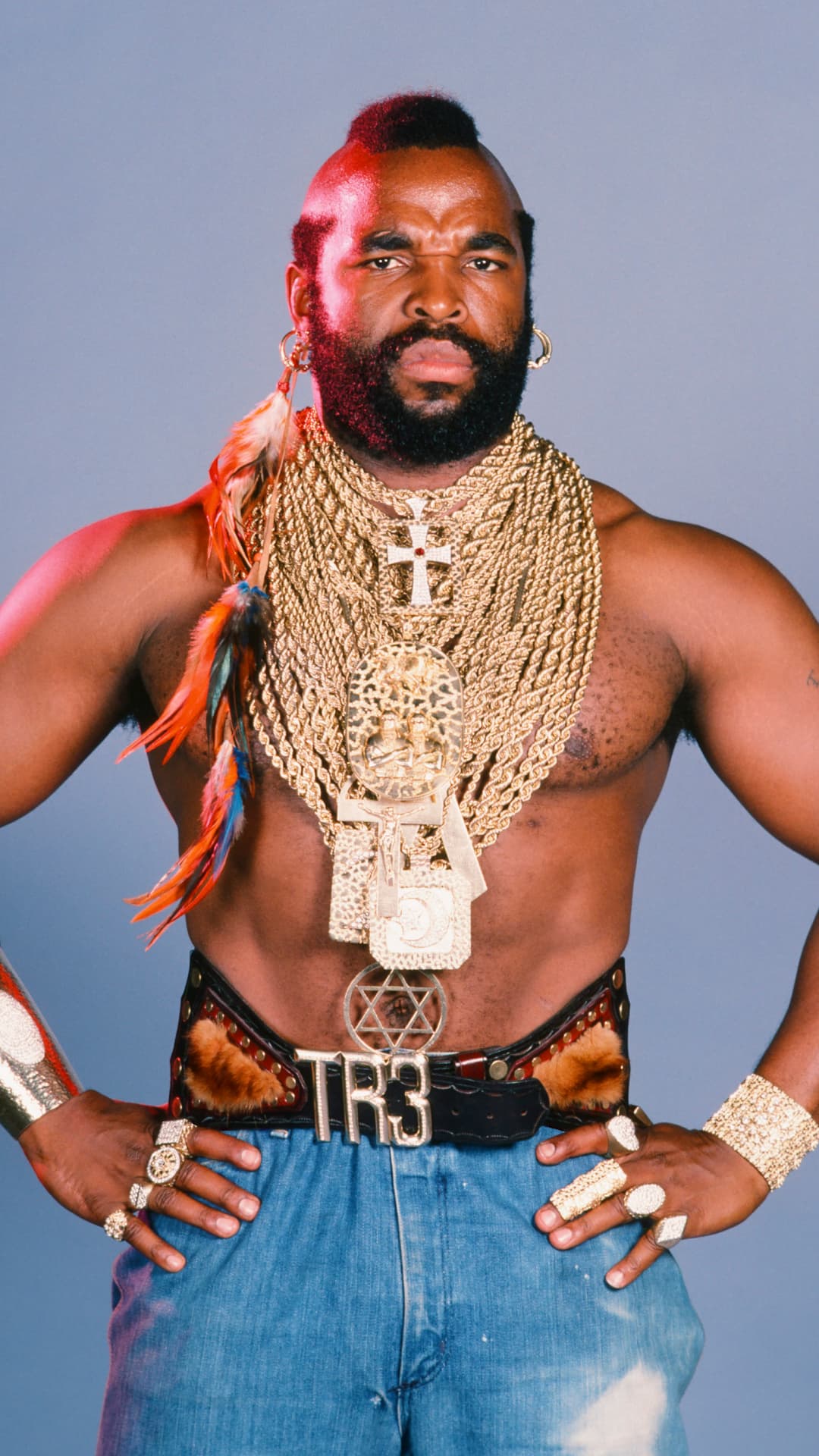
Money & the World
Anxious Investors Are Scooping Up Gold. Is That a Good Idea?
Mr. T and preppers love the stuff, and some traditional investors do too. Here’s why gold has become a popular hedge.
Wealthsimple makes powerful financial tools to help you grow and manage your money. Learn more
Gold has gone crazy. Since mid-February, the price has risen by more than 20%. Which is interesting, because typically demand for gold falls whenever interest rates are high, as they are right now, because of competition from higher-yielding investments. Yet central banks, young Chinese consumers, Russians, and — of all people — Costco customers are all rushing to buy gold. Here’s why:
Gold, the Basics: Gold’s primary appeal is that you can touch it and store it under your mattress and it will almost certainly retain some value, unlike stocks or bonds, which can go to zero if companies fail. And, unlike cash, which governments can print more of on a whim, the global gold supply grows at a reallllly slow pace. All that makes gold a relatively safe long-term investment. That’s not to say its value doesn’t slide, because, oh boy, it can, but, given that humans have coveted the stuff for some five thousand years and counting, the odds are high that somebody somewhere will be willing to buy gold for as long as people walk the earth.
#1 Reason for Buying Gold: Inflation Investors tend to buy gold whenever inflation is running hot, as it is now, because they think it will be a better store of value than cash — that is, they believe each dollar they hold will buy them less stuff in the future while gold will retain its value. Doomsday preppers and goldbugs (people who think unchecked government spending will cause hyperinflation that renders paper money nearly worthless) follow this line of thinking to the extreme and buy gold because they believe it will be one of the few things left to buy stuff with when society (or just fiat currency) collapses. Traditional investors, for their part, typically don’t have more than 5% to 10% of their portfolios in gold, if they own any. John Bogle, the founder of Vanguard, definitely didn’t.
#2 Reason for Buying Gold: Angst and Uncertainty Conflict and unrest globally have also fuelled the gold-buying spree. That’s because gold’s value has little to do with economic growth or the state of the world, which makes it an attractive asset in precarious times. Chinese investors have been buying gold as their country’s economy wobbles and their investment options dwindle. The Chinese government, meanwhile, has been buying mountains of gold, but the root of its anxieties are different; it doesn’t want to risk its assets being frozen if the U.S. and its allies decide to sanction it one day, as they did Russian entities following the invasion of Ukraine. And gold is tough to effectively sanction.
So, is hoarding gold, like some sort of cave dragon, the right move for you? Ask yourself these two basic questions (which are also questions you should ask anytime you invest):
[1] What’s your view of the future? Do you think society will deteriorate to the point where we’ll all soon be living some version of The Road? If yes, gold could express that view. But if you’re more optimistic, your portfolio should reflect that and contain mostly stocks, bonds, GICs, etc. There’s also a middleground: you might decide to buy gold as a hedge not because you think a Bad Terrible Thing will happen but because it could happen. And then if it does, you can sell your still-valuable gold to buy the dip in stocks or bonds.
[2] How well will gold (or whatever you’re investing in) perform relative to other assets? Let’s go back to our Road scenario: if you’re convinced that the end is nigh-ish, how confident are you that gold will outperform, say, 50-pound bags of rice? Those could be pretty valuable in the end times! You could diversify and buy both, of course, but you should allocate the largest share of your portfolio to whatever asset you think will deliver the best results under possible future market conditions.
You should apply the same principle to whatever (probably less doomy) view you have about the future. Unfortunately, we can’t tell you what the future holds, only how to think about the future. So, you’ll have to decide for yourself whether stashing gold bars in a bunker — or, less radically, in your portfolio via a gold ETF — is a sound decision.
Ben Mathis-Lilley is a senior writer for Slate.com and the author ofThe Hot Seat: A Year of Outrage, Pride, and Occasional Games of College Football. He's also written for BuzzFeed and New York magazine.
The content on this site is produced by Wealthsimple Media Inc. and is for informational purposes only. The content is not intended to be investment advice or any other kind of professional advice. Before taking any action based on this content you should consult a professional. We do not endorse any third parties referenced on this site. When you invest, your money is at risk and it is possible that you may lose some or all of your investment. Past performance is not a guarantee of future results. Historical returns, hypothetical returns, expected returns and images included in this content are for illustrative purposes only.





